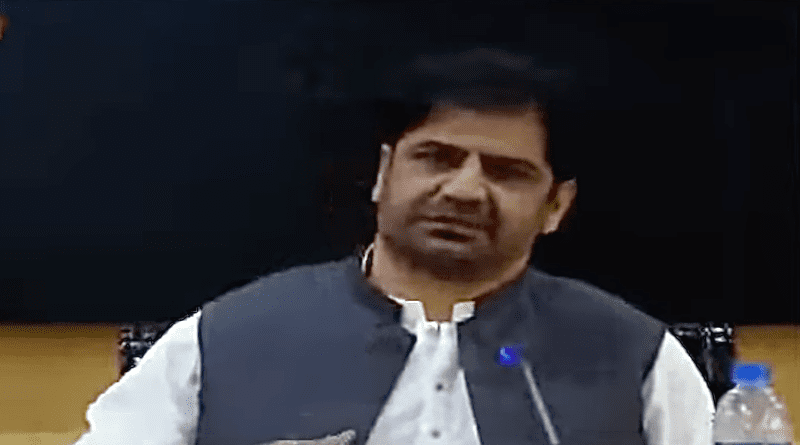Pakistan Needs Peace And Reconciliation In Balochistan – OpEd
By Aiman Khan
The recent arrest of Gulzar Imam Shambay, a prominent Baloch nationalist leader, has sparked protests and violence in Balochistan, Pakistan’s largest and most restive province. Shambay is accused of involvement in several attacks on security forces and civilians, as well as separatist activities. He is also one of the founders of the Baloch National Movement (BNM), a political party that advocates for the rights and autonomy of the Baloch people.
The Baloch are an ethnic minority that have long faced discrimination and marginalization by the Pakistani state. They have been denied their fair share of resources, development and representation in the federal system. They have also suffered from human rights violations, such as enforced disappearances, extrajudicial killings and torture, allegedly perpetrated by the security forces and intelligence agencies.
These grievances have fueled a decades-long insurgency in Balochistan, which has claimed thousands of lives and displaced hundreds of thousands more. The insurgents demand greater political and economic autonomy, or even independence, from Pakistan. They have also targeted Chinese interests and projects in the province, such as the China-Pakistan Economic Corridor (CPEC), which they see as a threat to their land and culture.
The Pakistani government has responded to the insurgency with a heavy-handed military approach, which has only exacerbated the cycle of violence and alienation. It has also failed to address the root causes of the conflict, such as poverty, underdevelopment and political exclusion. It has also refused to engage in meaningful dialogue with the Baloch leaders and representatives, dismissing them as traitors and terrorists.
This approach is counterproductive and unsustainable. It only serves to deepen the mistrust and resentment between the Baloch people and the state. It also undermines Pakistan’s stability and security, as well as its relations with its neighbors and allies. It also jeopardizes the potential benefits of CPEC, which could bring much-needed investment and development to Balochistan.
The government needs to change its course and adopt a more holistic and inclusive strategy to resolve the conflict in Balochistan. It needs to recognize that the Baloch are not enemies, but citizens of Pakistan who deserve respect, dignity and justice. It needs to address their legitimate grievances and aspirations, and ensure their equal participation in the political and economic life of the country.
The government also needs to create an environment of reconciliation in the province, where all stakeholders can engage in constructive dialogue and negotiation. It needs to release all political prisoners, including Shambay, who could play a positive role in facilitating peace talks. It needs to respect the decisions of the courts and the law of land with regards to human rights violations and missing persons. It needs to hold accountable those responsible for such crimes, regardless of their rank or affiliation.
The government also needs to involve civil society, media, academia and other sectors in promoting peace and harmony in Balochistan. It needs to support initiatives that empower young people with skills, knowledge and resources to effect social change. It needs to counter the false narratives and propaganda spread by hostile intelligence agencies (HIAs) that aim to destabilize Pakistan by exploiting its fault lines. It needs to expose their role in funding, training and arming the insurgents who carry out attacks on security forces and civilians.
The government also needs to work with regional and international partners to address the external dimensions of the conflict. It needs to improve its relations with Afghanistan and Iran, which share borders with Balochistan and have their own Baloch populations. It needs to cooperate with them on border management, counter-terrorism and development cooperation. It needs to reassure China that it is committed to protecting its interests and investments in the province, while ensuring that CPEC benefits all segments of society.
The conflict in Balochistan is not insoluble. It can be resolved through dialogue, compromise and goodwill. The government has a historic opportunity to end the bloodshed and bring lasting peace and prosperity to the region. It should not waste it.
Aiman Khan is a Lahore based social activist and an independent researcher with a Master’s degree in Mass Communication from BNU, Lahore.

